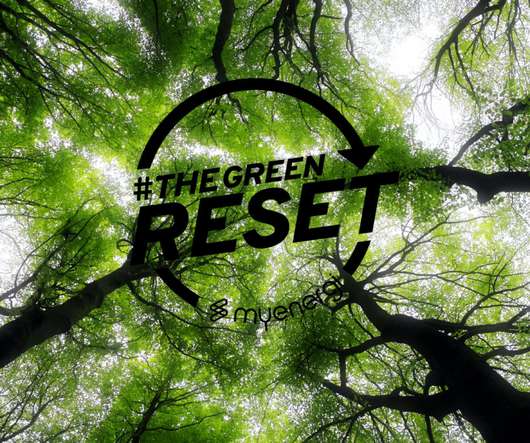Researchers develop large-scale, economical method to extract hydrogen from oil sands and oil fields
Green Car Congress
AUGUST 20, 2019
Canadian researchers have developed a large-scale economical method to extract hydrogen from oil sands (natural bitumen) and oil fields. The process can extract hydrogen from existing oil sands reservoirs, with huge existing supplies found in Canada and Venezuela. Proton Technologies is commercializing the process.






























Let's personalize your content